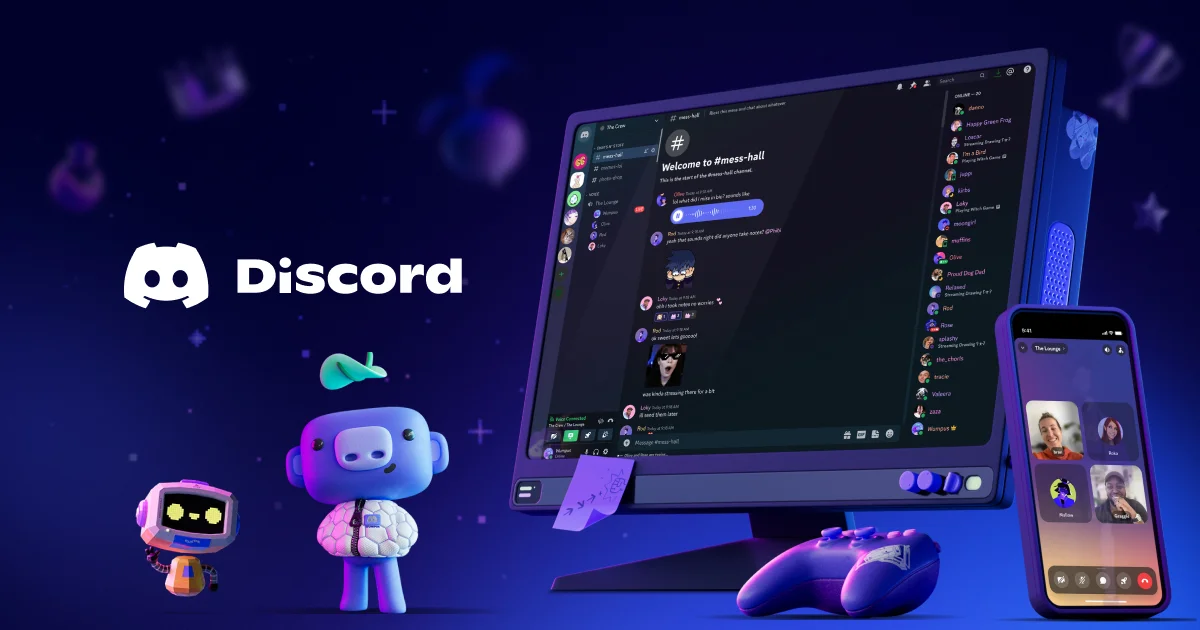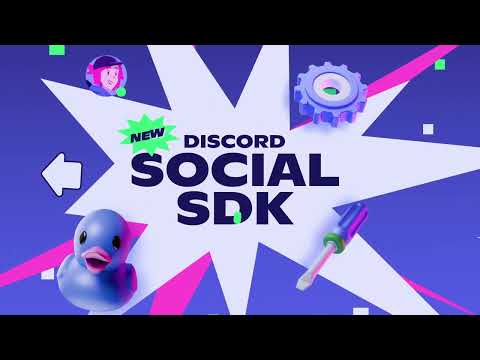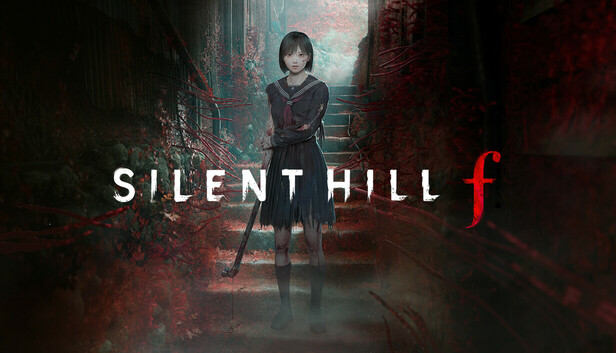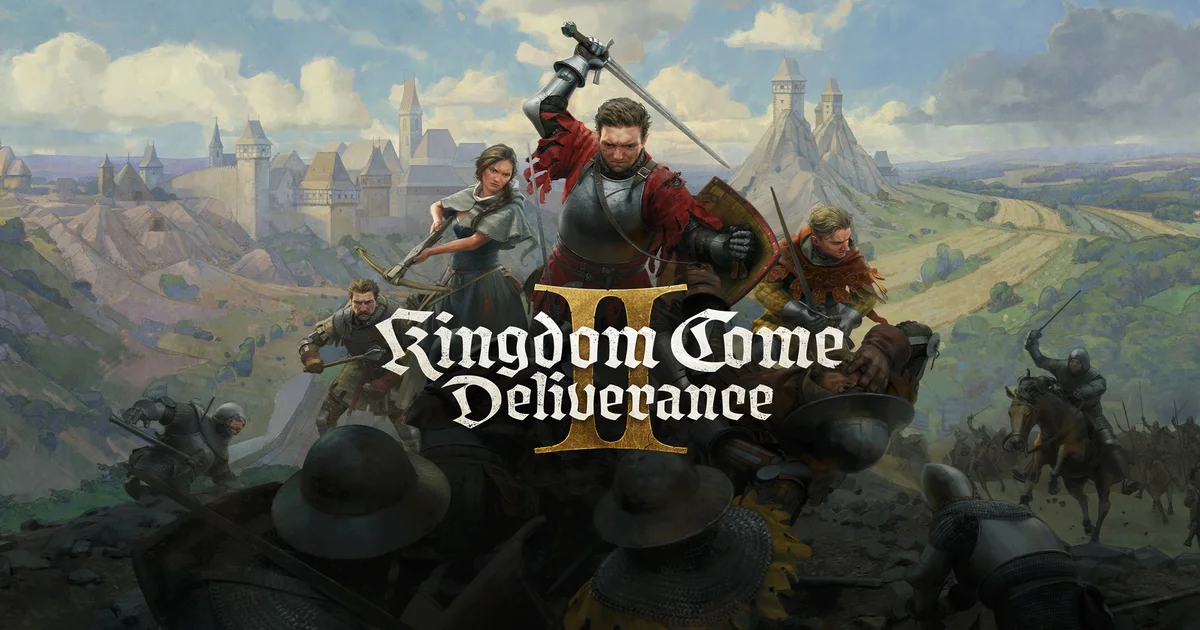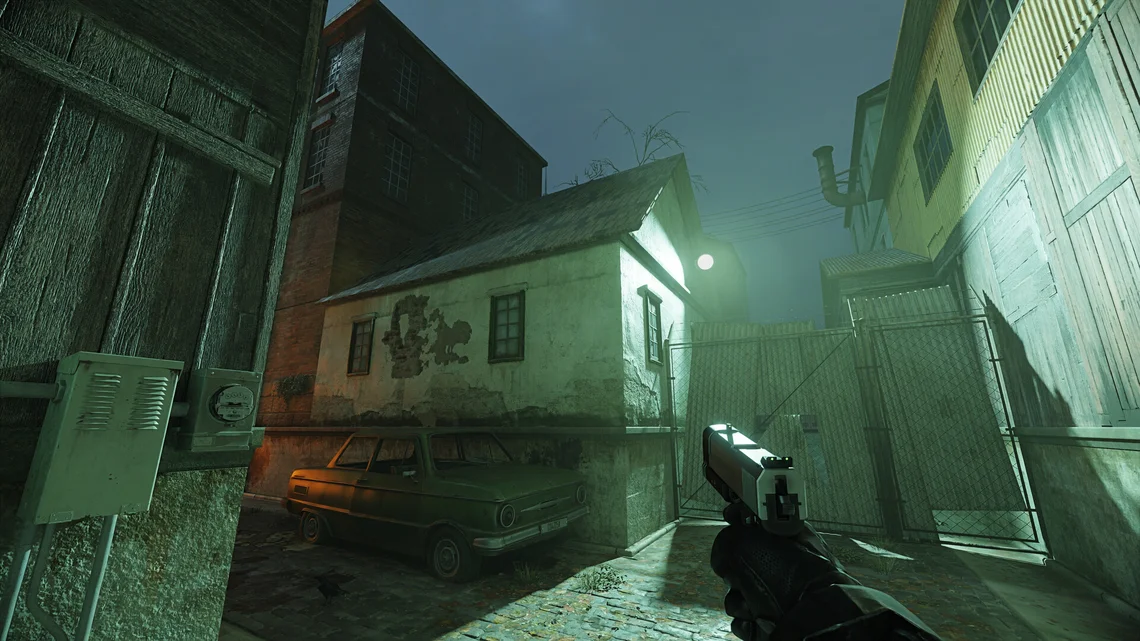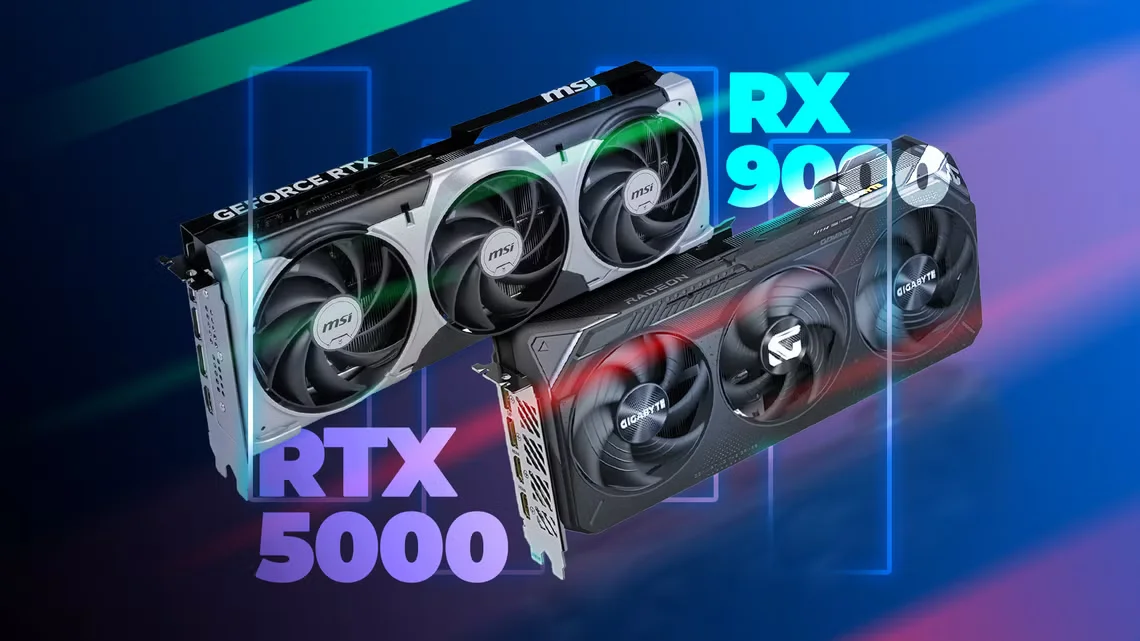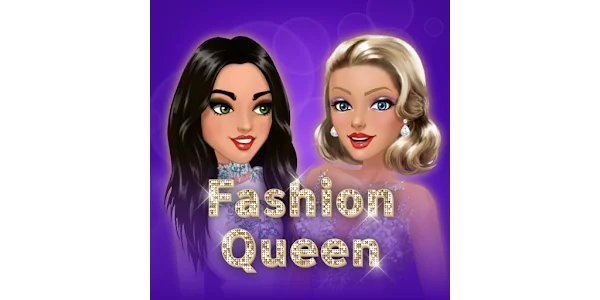A New Era for Social Gaming
Discord has officially introduced its Social SDK, a free development toolkit designed to seamlessly integrate its social features into video games. This move aims to enhance the multiplayer experience by allowing players to connect and communicate effortlessly while gaming.
The toolkit provides a suite of tools that enable game developers to incorporate essential social features. These include an in-game friends list, seamless game invites, and an activity status that displays what players are doing on their Discord profiles. This integration enhances engagement, making it easier for gamers to stay connected across different platforms.
Key Features of Discord’s Social SDK
One of the most notable aspects of the Social SDK is that it does not require a Discord account to access its core features. However, linking an account enhances functionality, allowing players to maintain their connections even when they’re not actively gaming.
The SDK is currently compatible with games developed in C++, Unreal Engine, and Unity. Additionally, it supports Windows 11 and macOS, with plans to expand to consoles and mobile devices in the near future.
Developers have the flexibility to implement Discord’s social features in different ways. Some may require players to sign in only for matchmaking, while others might provide full-fledged chat and communication tools integrated directly into the game.
Exclusive Features in the Closed Beta
Apart from its core functionalities, Discord’s closed beta program grants access to additional features that further elevate the gaming experience. These include:
- Cross-Platform Messaging: Players can communicate with friends across different platforms, even if they don’t have a Discord account.
- Linked Channels: In-game chat can be connected directly to specific Discord channels, allowing seamless interaction between in-game teams and Discord communities.
This initiative has already attracted major gaming studios, such as Theorycraft Games, Facepunch Studios, 1047 Games, Scopely, Mainframe Industries, Elodie Games, Tencent Games, and more. Feedback from these developers has led to refinements, including better visibility control and enhanced experiences for users without Discord accounts.
Why Discord’s SDK Matters
The gaming industry is increasingly centered around community-driven experiences, making social integration more important than ever. With over 200 million active users per month, Discord provides an enormous audience for game developers to tap into.
Early data from games like Supervive indicate that players who link their Discord accounts tend to play longer and engage more than those who do not. This suggests that the SDK is not only improving player retention but also strengthening gaming communities.
Another exciting feature Discord is focusing on is Discord Activities, which allows developers to create, distribute, and monetize games directly on the platform. Additionally, the introduction of Quests provides a new way to promote games and attract more players.
A Strategic Move for Discord
Discord’s decision to make its SDK freely available is a strategic play that could reshape how social interactions function in gaming. Unlike traditional premium services that charge a subscription fee, Discord is offering these features at no cost. While this approach may seem surprising, it aligns with their broader strategy of increasing user engagement, which could drive revenue through Nitro subscriptions and in-app purchases.
This model contrasts with PlayStation’s initial approach to Helldivers 2, where requiring a linked account caused backlash. By keeping the integration optional but rewarding, Discord is ensuring a player-friendly experience that benefits both gamers and developers.
The Future of Discord’s SDK
For now, the Social SDK remains free for developers and can be downloaded from Discord’s official website. With continuous updates and growing developer interest, it’s clear that Discord is positioning itself as a key player in the future of social gaming.
As gaming continues to evolve, tools like Discord’s SDK will play a significant role in shaping how players connect, communicate, and build communities across different platforms.

